Military Inc.: Inside Pakistan’s Military Economy Free PDF to read online 2024
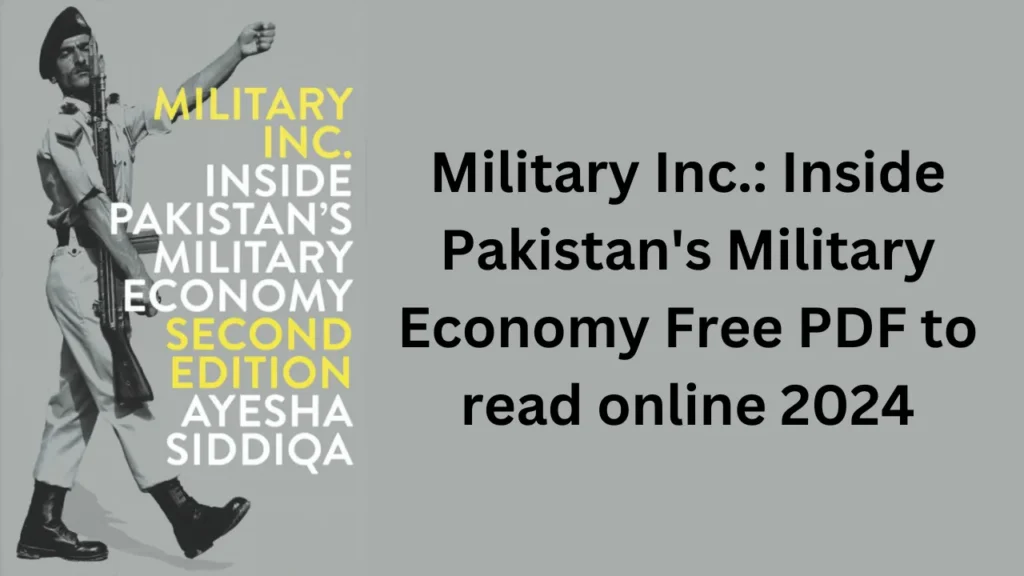
Introduction
Pakistan’s military has long been a powerful force in the country’s politics and society. However, its influence extends far beyond the battlefield and into economics. This article delves deep into the complex web of businesses, industries, and economic activities controlled by Pakistan’s armed forces, a phenomenon often referred to as “Military Inc.”
Understanding the military’s role in Pakistan’s economy is crucial for anyone interested in:
- Pakistan’s political landscape
- Economic development in South Asia
- Civil-military relations in developing countries
- The intersection of security and economics
By exploring this topic, readers will gain valuable insights into the unique challenges and dynamics shaping Pakistan’s economic future. Whether you’re a student, researcher, policy maker, or simply curious about global affairs, this comprehensive guide will shed light on a fascinating and often overlooked aspect of Pakistan’s socio-economic structure.
Also, Check World Times Magazine jwt July 2024, a Free PDF read online
The Origins of Military Inc.
The roots of Pakistan’s military-economic complex can be traced back to the country’s founding and early years. Let’s explore how this phenomenon developed over time.
Post-Independence Era
After gaining independence in 1947, Pakistan faced numerous challenges.
- Weak civilian institutions
- Security threats from neighboring India
- Economic instability
These factors created an environment where the military could expand its influence beyond traditional security roles.
Key Milestones in Military Economic Expansion
- 1954: Establishment of the Fauji Foundation, the first major military-run business entity
- 1970s: Expansion into banking and insurance sectors
- 1980s: Growth of defense production industries
- 1990s-2000s: Diversification into real estate, education, and consumer goods
Justifications and rationale
The military has often justified its economic activities through various arguments:
- Providing for the welfare of retired personnel
- Contributing to national development
- Ensuring strategic self-reliance in defense production
However, critics argue that these justifications mask a deeper desire for power and influence within Pakistani society.
The Scope of Military Inc.
Pakistan’s military economy is vast and diverse, encompassing various industries and sectors. Let’s examine the major components of this economic empire.
Major Military-Run Conglomerates
- Fauji Foundation: One of the largest business groups in Pakistan, with interests in fertilizer, cement, food, power generation, and financial services.
- Army Welfare Trust: Involved in real estate, insurance, education, and manufacturing.
- Shaheen Foundation: Primarily focused on aviation-related businesses and services.
- Bahria Foundation: Specializes in maritime industries and related services.
Key Economic Sectors
The military’s economic activities span various sectors:
- Agriculture and agribusiness
- Manufacturing and heavy industries
- Banking and financial services
- Real estate and construction
- Education and healthcare
- Transportation and logistics
Scale and Impact
While exact figures are difficult to obtain, estimates suggest that:
- Military-run businesses account for 5–10% of Pakistan’s GDP
- They employ hundreds of thousands of people, both military and civilian
- Their influence extends to policy-making and regulatory bodies
This extensive economic footprint significantly impacts Pakistan’s overall economic development and governance.
The Business Model of Military Inc.
Understanding how military-run businesses operate is crucial to grasping their impact on Pakistan’s economy. Let’s examine the unique aspects of the military’s business model.
Competitive Advantages
Military-run businesses enjoy several advantages over their civilian counterparts:
- Access to cheap land and resources
- Tax exemptions and subsidies
- Preferential treatment in government contracts
- Influence over policy and regulations
These advantages often create an uneven playing field in the Pakistani market.
Management and Governance
The management structure of military businesses typically includes:
- Retired military officers in key leadership positions
- A mix of civilian and military personnel in operational roles
- Oversight from military-controlled boards of directors
This structure allows for continued military influence even after officers retire from active service.
Relationship with Civilian Economy
Military Inc. interacts with the broader Pakistani economy in complex ways:
- Partnerships and joint ventures with civilian businesses
- Competition with private-sector firms in various industries
- Influence over economic policy-making and regulatory bodies
These interactions have both positive and negative effects on Pakistan’s overall economic development.
Impact on Pakistan’s Economy and Society
The extensive involvement of the military in Pakistan’s economy has far-reaching consequences. Let’s explore the various ways Military Inc. affects the country’s economic and social fabric.
Economic Implications
- Market Distortions: The military’s competitive advantages can lead to inefficiencies and unfair competition.
- Resource Allocation: Military-run businesses may divert resources from more productive civilian sectors.
- Foreign Investment: The military’s economic dominance can deter foreign investors concerned about transparency and fair competition.
- Innovation and Entrepreneurship: The crowding-out effect may stifle private sector innovation and entrepreneurship.
Political and Social Consequences
The military’s economic power also has broader societal impacts.
- Reinforcement of military influence in civilian affairs
- Potential conflicts of interest in policy-making
- Creation of a military-linked business elite
- Public perception and trust issues
Debate and Controversy
The role of Military Inc. in Pakistan’s economy is a subject of ongoing debate.
- Supporters argue it contributes to national development and stability
- Critics contend it undermines democracy and economic growth
- International observers express concerns about transparency and governance
This debate reflects the complex nature of civil-military relations in Pakistan and their economic dimensions.
Case Studies: Military Inc. in Action
To better understand the real-world implications of Military Inc., let’s examine a few specific examples of military-run businesses and their impact on Pakistan’s economy.
Fauji Fertilizer Company Limited (FFCL)
FFCL is one of the largest fertilizer producers in Pakistan.
- Founded in 1978 as a Fauji Foundation subsidiary
- Dominates the domestic fertilizer market
- Has faced accusations of price manipulation and unfair competition
This case illustrates how military-run businesses can achieve market dominance and influence critical sectors of the economy.
Defense Housing Authority (DHA)
DHA is a major player in Pakistan’s real estate sector.
- Develops and manages large-scale housing projects across the country
- Enjoys preferential access to prime land
- It has been criticized for its impact on urban planning and affordable housing
The DHA case demonstrates the military’s significant influence in the lucrative real estate market.
National Logistics Cell (NLC)
NLC is a military-run logistics and construction company.
- Operates one of the largest trucking fleets in Pakistan
- Involved in major infrastructure projects
- Has faced allegations of undercutting civilian competitors
This example showcases how military businesses leverage their advantages in strategic sectors like transportation and infrastructure.
Reforms and Future Prospects
As awareness of Military Inc. grows, there have been calls for reform and restructuring. Let’s explore potential changes and future scenarios for Pakistan’s military economy.
Proposed Reforms
Various stakeholders have suggested reforms, including:
- Increased transparency and accountability
- Divestment of non-defense-related businesses
- Leveling the playing field for civilian competitors
- Enhanced civilian oversight of military economic activities
Challenges to Reform
Implementing changes to Military Inc. faces significant obstacles:
- Resistance from vested interests within the military
- Political instability and weak civilian institutions
- Economic dependencies on military-run businesses
Future Scenarios
The future of Military Inc. could take several paths:
- Status Quo: Continued military dominance in key economic sectors
- Gradual Reform: Slow but steady changes to increase transparency and competition
- Rapid Transformation: A significant overhaul of military economic activities
- Hybrid Model: Selective reforms while maintaining core military businesses
The path forward will likely depend on a complex interplay of political, economic, and social factors in Pakistan.
Conclusion: The Complex Legacy of Military Inc.
Pakistan’s military economy, or “Military Inc.,” is a multifaceted phenomenon with deep roots in the country’s history and far-reaching implications for its future. As we’ve explored in this article, the military’s extensive involvement in various economic sectors has both supporters and critics, each with valid points to consider.
Key takeaways from our exploration of Military, Inc. include:
- The historical development of military economic activities in Pakistan
- The vast scope and diverse sectors encompassed by military-run businesses
- The unique business model and competitive advantages enjoyed by these enterprises
- The complex impact on Pakistan’s economy, politics, and society
- Specific case studies illustrating the real-world effects of Military Inc.
- Ongoing debates and potential reforms for the future
Understanding the role of Military Inc. is crucial for anyone seeking to comprehend Pakistan’s economic challenges and opportunities. As the country continues to navigate its path towards development and stability, the future of military economic involvement will undoubtedly play a significant role in shaping outcomes.
We encourage readers to continue exploring this topic, considering both the potential benefits and drawbacks of military economic activities in developing countries. What are your thoughts on the appropriate balance between military and civilian economic roles? How might Pakistan’s experience inform other nations grappling with similar issues?
Share your perspectives in the comments below, and let’s engage in a thoughtful discussion about the complex interplay between security, economics, and governance in the modern world.
Read Online Military Inc.: Inside Pakistan’s Military Economy
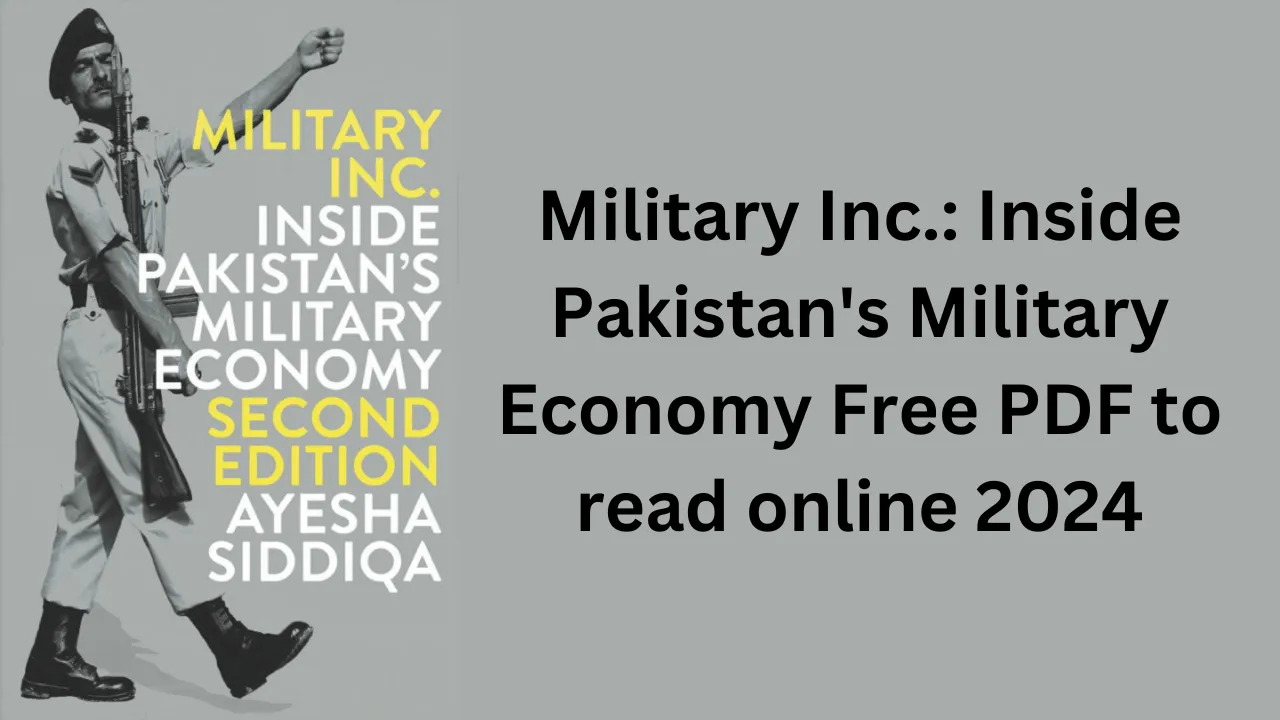
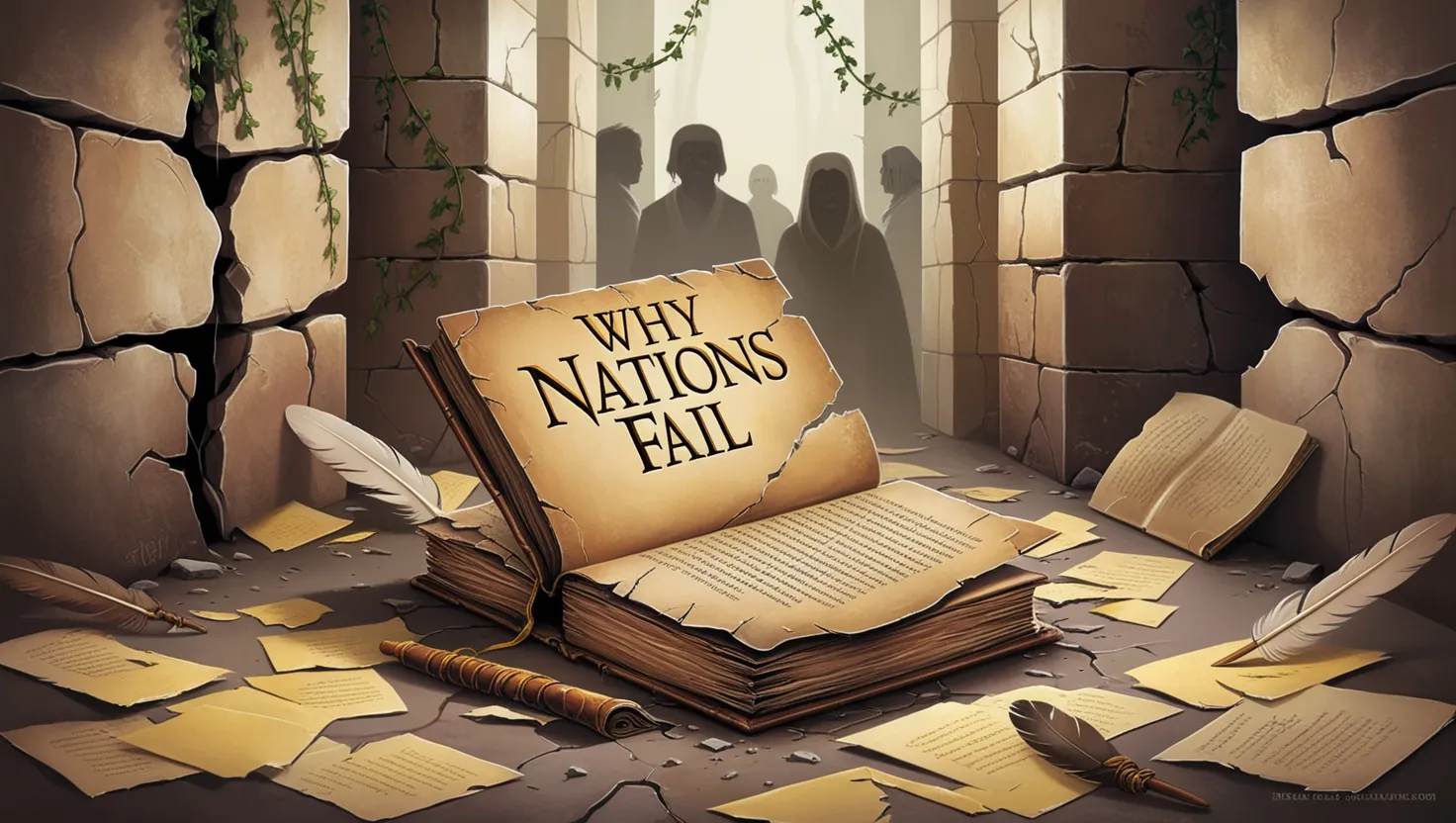

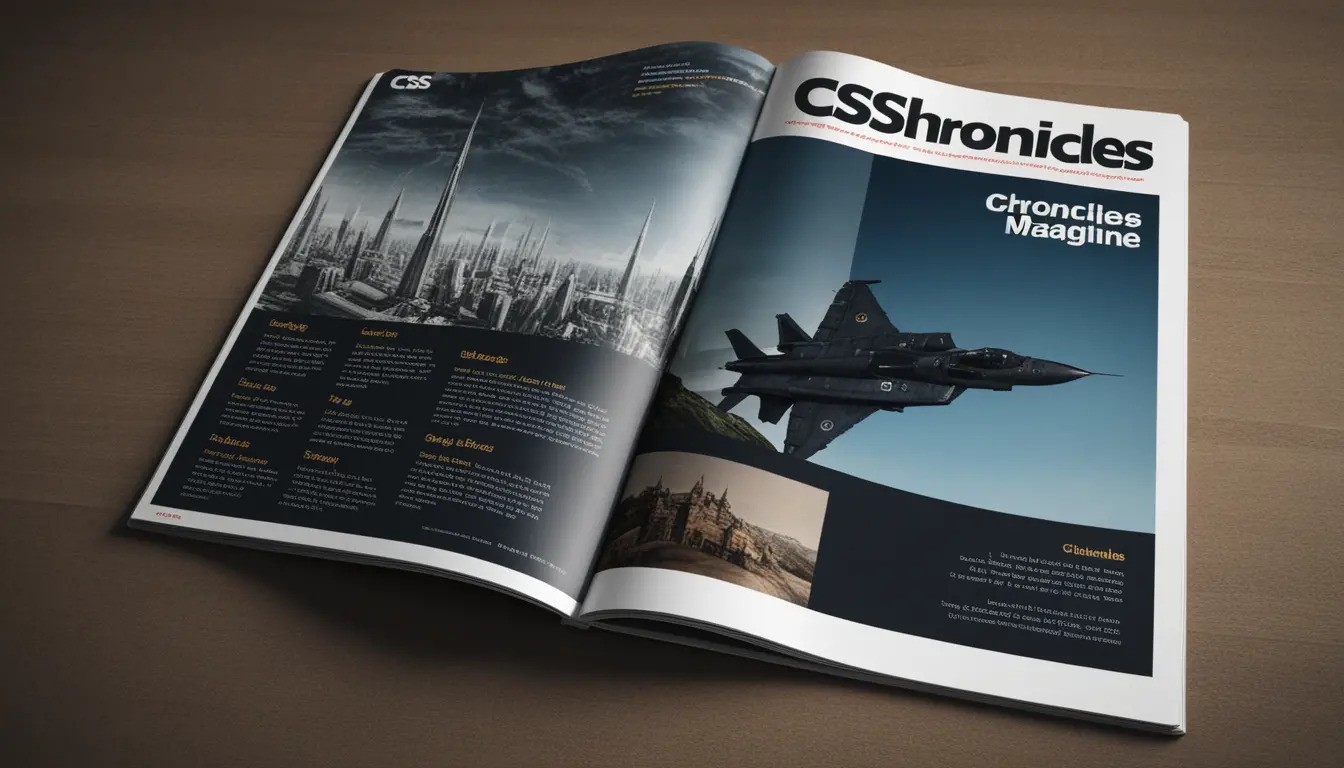
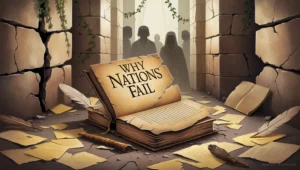






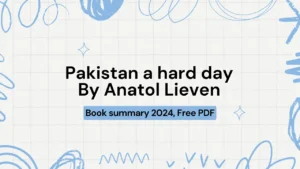


1 comment